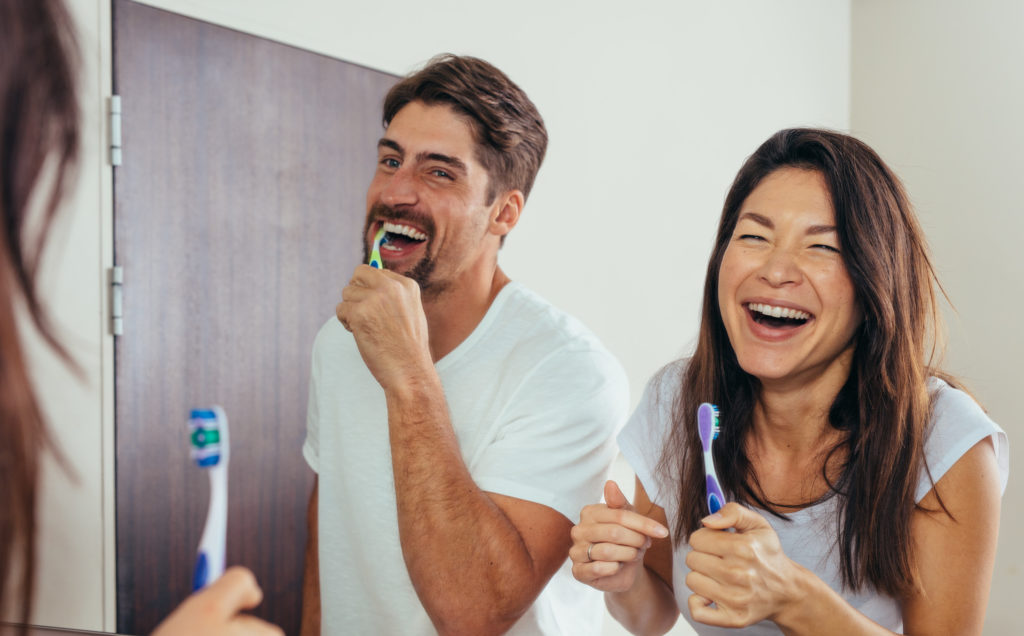Post Care Instructions: Fillings
Important information for you to remember at home if you’ve just had a cavity filled at your dentist’s office

Care Instructions for Fillings
What to expect if you were given a local anesthetic to have a cavity filled?
If you were given local anesthesia today for your fillings, it will wear off in approximately 1-3 hours. This varies from patient to patient on how long it will last. Be very careful to not chew or bite into your cheek, your tongue, or your lip while the area is numb. Do not eat until the numbness is gone. Children should be observed until the anesthetic has worn off. Due to the strange feeling of anesthesia, many children will bite the numb areas and create a sore.
What can you eat and drink after you’ve had a cavity filled?
You may have something to drink right away, but be cautious if you are numb. Hot drinks could cause a burn and you may not know it. You may also spill some down your chin with numbness in your lip. Composite (white) fillings set up right away and there is no need to wait to eat once the anesthetic is gone. Amalgam or silver fillings take time to set and should be avoided for chewing on that side for the first few hours. When a very large filling is placed, your dentist may ask that you wait until the next day to chew on your new filling and to use your opposite side to chew. When you begin to use your new filling to chew, a change in your bite may be noticeable. If you feel like your bite isn’t right or you hit your new filling before the other teeth on that side, please call us for a simple bite adjustment.
When can I brush and floss after a filling?
After your filling is set, please continue with your normal routine of brushing at least twice per day and flossing at least once daily.
Why are my teeth so sensitive after having a cavity filled?
It is completely normal to experience sensitivity to hot and cold after a new filling is placed for several days after treatment. Your gum tissue may be irritated from the procedure and you may be sore at the injection site for your anesthetic. All these symptoms are temporary and you should see gradual improvement until there is no longer discomfort. As long as your symptoms are getting better, there is no need for concern. If symptoms are worsening or not improving after a week, please call your dentist. If your cavity was large or close to the pulp or nerve of the tooth, it may take longer for the tooth to settle down.
